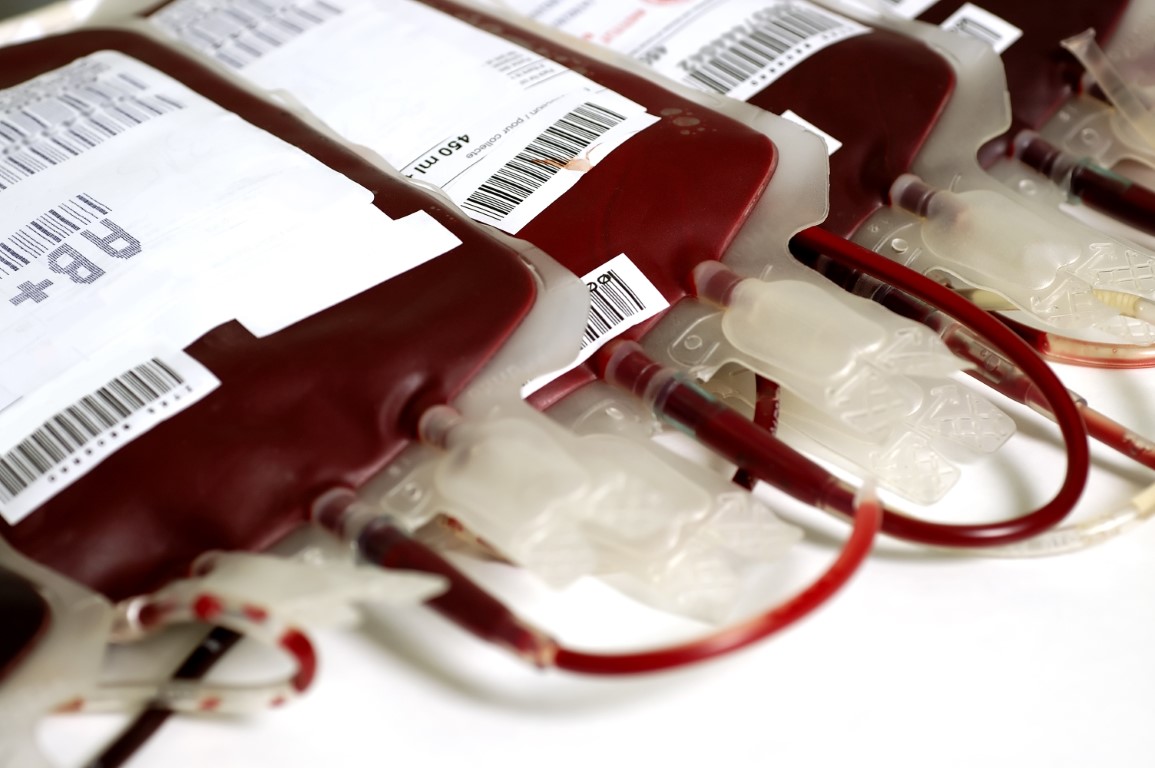Blood sample tracking is a crucial component of modern healthcare, particularly in laboratory settings where accurate diagnosis and treatment depend on the integrity of blood specimens. This process involves the systematic monitoring and management of blood samples from the moment they are collected until they reach their final destination—whether that be a laboratory for testing or storage for future use.
Importance of Blood Sample Tracking
The tracking of blood samples is essential for several reasons:
- Patient Safety: Ensuring that the correct sample is linked to the right patient is vital. Mislabeling or misidentification can lead to incorrect diagnoses and treatments, potentially resulting in severe health consequences.
- Traceability: In the event of a contamination or erroneous test result, it’s important to trace the sample back through the collection, handling, and testing processes. This traceability helps identify the source of any issues and implement corrective actions.
- Regulatory Compliance: Laboratories must adhere to stringent regulations regarding blood sample handling, storage, and testing. Effective tracking systems help ensure compliance with these regulations, avoiding legal ramifications and protecting patient rights.
- Operational Efficiency: Implementing an efficient tracking system reduces errors and streamlines laboratory workflows, ultimately leading to faster turnaround times for test results.
Components of Blood Sample Tracking
Effective blood sample tracking involves several key components:
- Sample Collection: The tracking process begins at the point of collection. Proper labeling is critical; each sample must have a unique identifier, typically a barcode or QR code, which links it to the patient’s information. This minimizes the risk of mix-ups.
- Transportation: Once collected, blood samples need to be transported to the laboratory. During this phase, tracking systems monitor the samples’ location and environmental conditions, such as temperature, to ensure they remain viable for testing.
- Laboratory Processing: Upon arrival at the laboratory, samples are logged into a laboratory information management system (LIMS). This system records the sample’s unique identifier, the time of arrival, and its intended tests. Automated tracking helps ensure that each sample is processed in the order received.
- Testing and Analysis: During testing, the sample’s tracking information is continuously updated. This includes documenting any changes in sample handling, such as aliquoting (dividing a sample into smaller portions) or dilution. Such meticulous documentation is crucial for maintaining the integrity of the test results.
- Results Reporting: Once testing is complete, the results are linked back to the sample’s unique identifier. This ensures that results are accurately attributed to the correct patient. Many modern systems allow for electronic reporting, which improves the speed and accuracy of communication between laboratories and healthcare providers.
- Archiving and Disposal: After testing, samples may be stored for future reference or disposed of according to regulatory guidelines. Tracking systems manage these processes, ensuring compliance with laws governing biohazardous waste.
Technologies in Blood Sample Tracking
Recent advancements in technology have greatly enhanced blood sample tracking systems. Barcoding and RFID (Radio Frequency Identification) technologies allow for real-time tracking and data retrieval. Mobile applications can facilitate communication between collection sites and laboratories, ensuring that any issues can be addressed swiftly. Furthermore, the integration of artificial intelligence in LIMS can enhance data analysis and predictive capabilities, leading to even better patient outcomes.
Conclusion
In conclusion, blood sample tracking is an indispensable aspect of modern healthcare that significantly impacts patient safety, regulatory compliance, and operational efficiency. With the continuous advancements in technology, blood sample tracking systems are becoming increasingly sophisticated, helping to ensure the reliability of test results and the overall effectiveness of healthcare delivery. As the demand for accurate diagnostics continues to rise, robust blood sample tracking systems will play an essential role in meeting these challenges.
For more information, check out Sample360.






Leave a Reply
View Comments